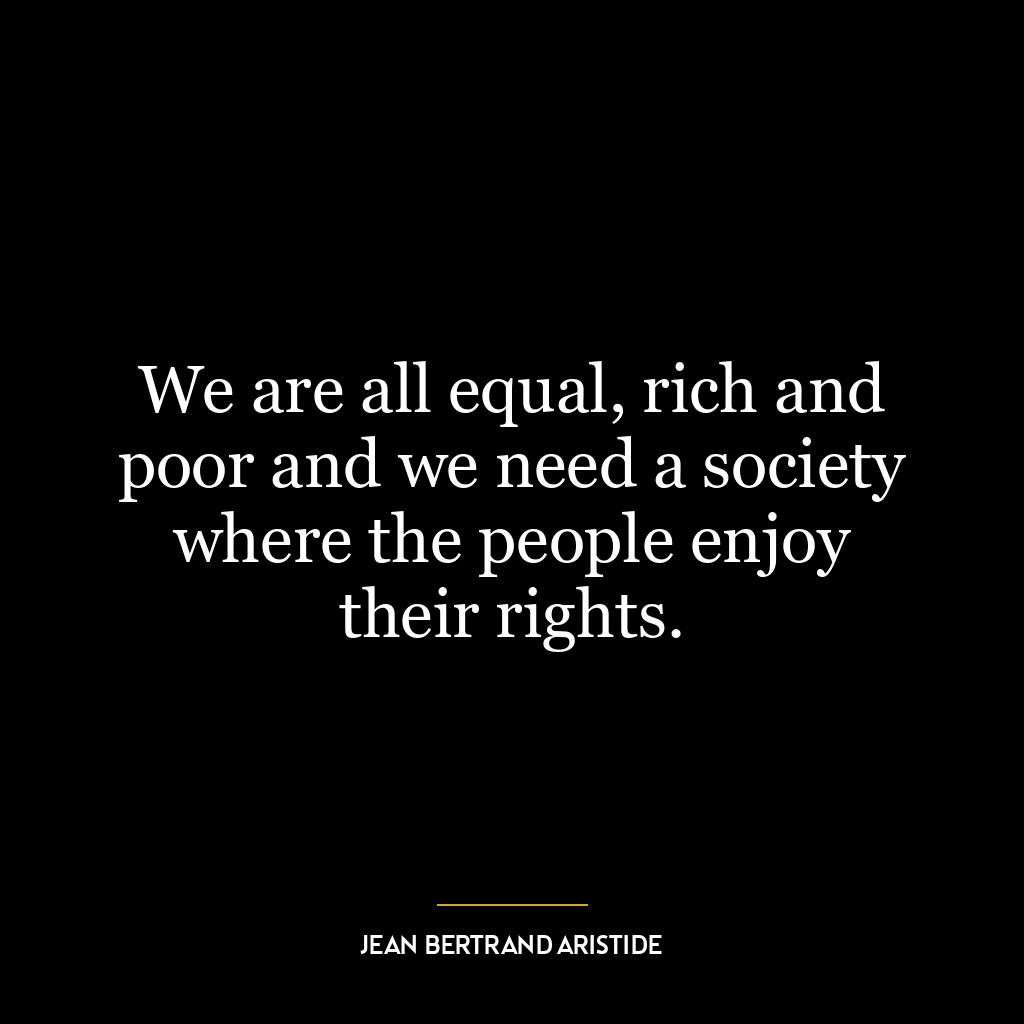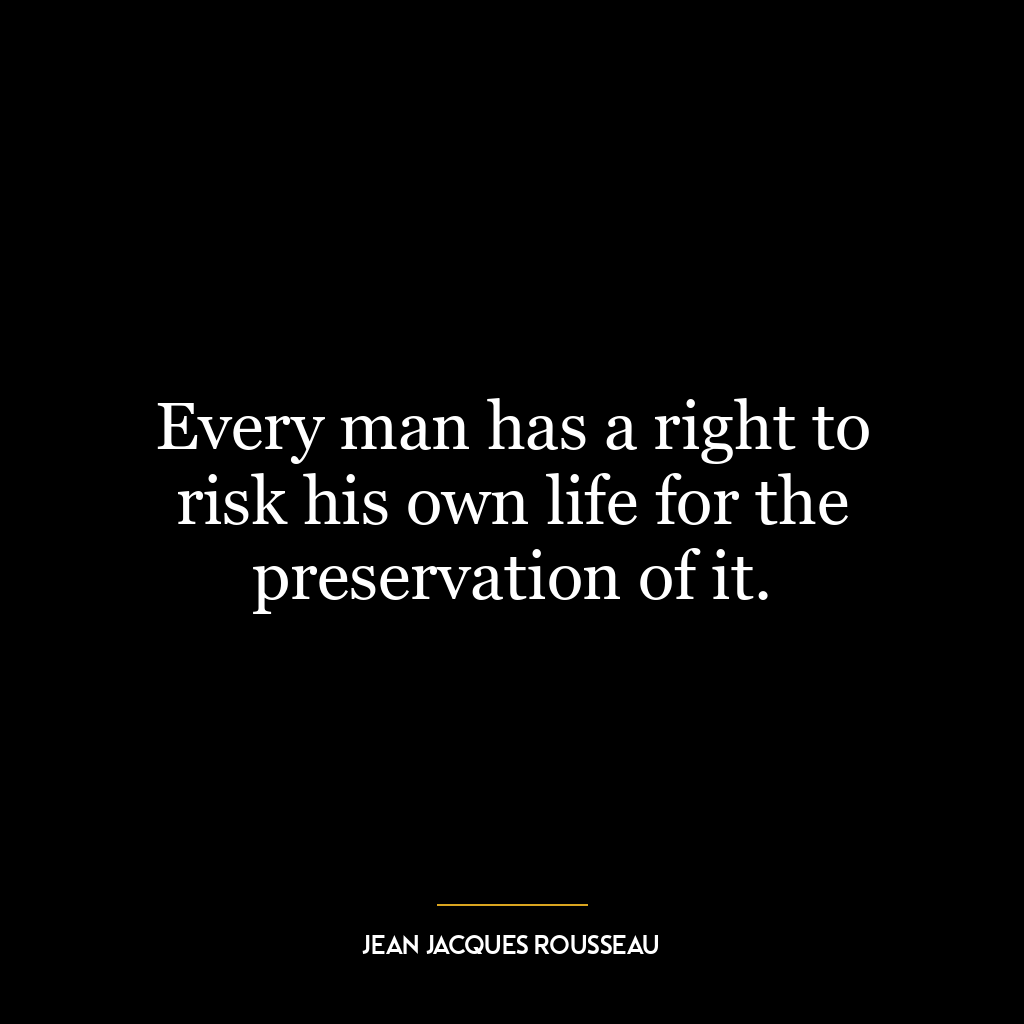This quote implies that if you impose responsibilities or obligations on people without giving them any rights or privileges, then you must compensate them well. It’s a commentary on the balance between power and responsibility, emphasizing that those who bear burdens should also reap rewards.
In essence, it’s a call for fairness and justice. If a person is tasked with duties but is not granted any rights, they are essentially being exploited. To offset this imbalance, they must be compensated appropriately. The compensation acts as a counterbalance, providing motivation and incentive to carry out the duties despite the lack of rights.
Applying this concept to today’s world, we could look at it from the perspective of employment. Employees are given duties and tasks to perform, but they also have rights, such as fair treatment, safe working conditions, and reasonable hours. If an employer were to strip these rights away, the employees would expect higher compensation for the increased burden.
In terms of personal development, this quote can be a reminder to value our own efforts and time. If we find ourselves in situations where we are burdened with responsibilities but are not given the rights or respect we deserve, we should either seek better compensation or reconsider our position. It encourages us to stand up for ourselves and ensure that we are not being taken advantage of.
Furthermore, it can be a guideline for those in leadership positions. Leaders should ensure that they are not just piling on responsibilities onto their team members without giving them the rights and respect they deserve. If they do, they should be prepared to offer higher rewards as compensation. It’s a balance of give-and-take that leads to a healthy, productive environment.















